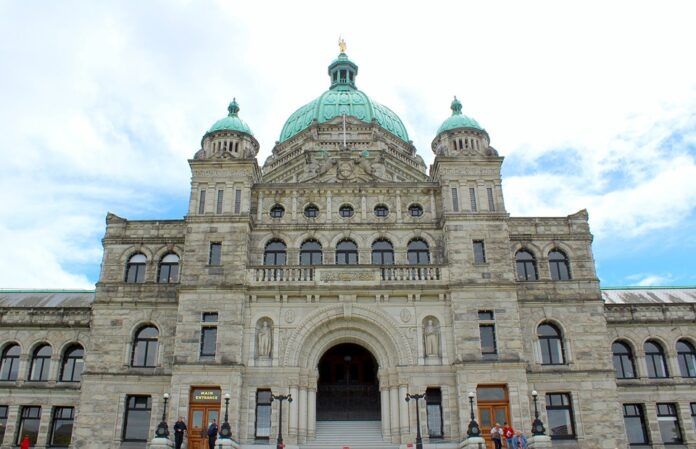The province has released its 2024 budget, which has more supports for families, health care and housing and more deficits in the future.
According to the province, it builds on investments made in recent budgets, with $13 billion more in operating funding over three years. This means the province projects deficits of $7.9 billion in 2024-25, dropping to $6.3 billion for 2026-27.
These deficits are expected to raise provincial debt from 103.8 billion this year to 165 billion by 2027.
With the deficits, the province says it is making investments to help people and families through the impacts of global inflation. This will come in the form of the BC Family Benefit Bonus, which they say more than 340,000 families will get a 25 per cent bonus this year.
That includes an estimated 66,000 families that have not got the benefit before.
A one-time BC Electricity Affordability credit will also help reduce electricity bills. They add a higher Employer Health Tax exemption threshold will help small businesses deal with inflation impacts. The threshold will be doubled from $500,000 to $1 million.
A “flipping tax” will be introduced to deter speculators in 2025 to help keep housing for people, and they will expand the First Time Home Buyers Program.
Profits from this tax will be re-invested into building new middle-class homes.
Over $2 billion per year will also be invested to help provide access to health care, nearly $1 billion for more staff in classrooms, $4.2 billion to build or upgrade schools, nearly $400 million for public safety, and $1.3 billion in climate change measures.
“Some say we should respond to global challenges by cutting services and leaving people to fend for themselves, but we know we are stronger when we work together,” said Finance minister Katrine Conroy.
“With one of the lowest unemployment rates in the country and strong job growth, we will keep building a cleaner economy that works better for people.”
With files from Mike Patterson and Will Peters






